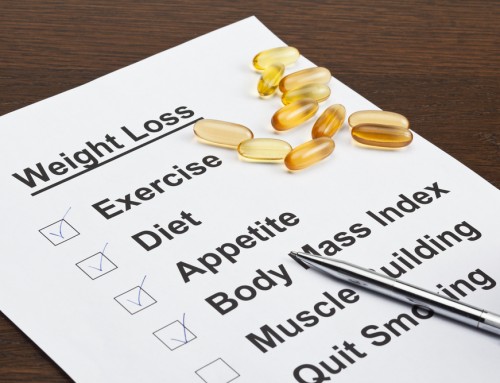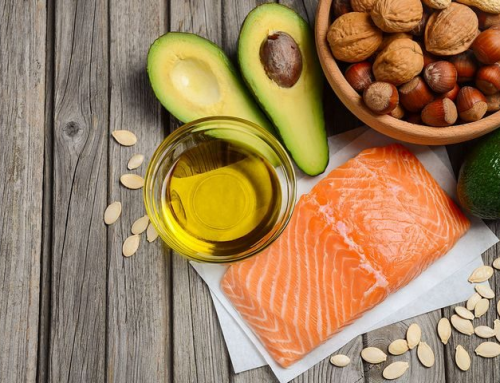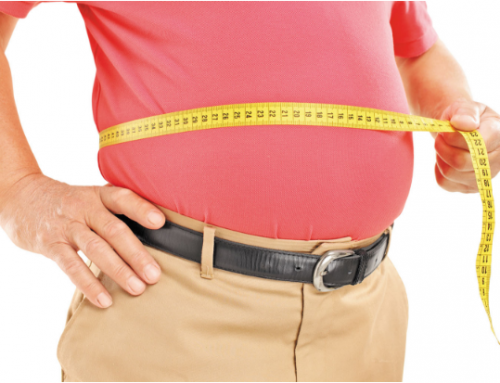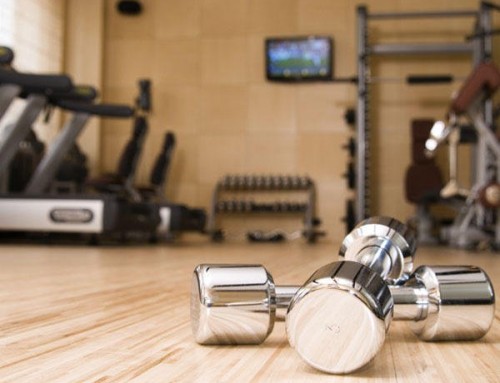By Dr. Sandi Vinson Bromberger
The following is a Weight Loss primer, a topic dear to my heart & which I wrote about on a number of occasions during 2017. For those of you who have read my blogs on weight loss, nutrition and exercise here is a summary in point or ‘rule #’, of the key ideas I wrote about.
For those of you new to my blogs, welcome!
Rule #1: It’s Not a Diet. It’s a Lifestyle.
Burn more calories than you eat
Weight loss is simple: if you burn more calories than you consume, you’ll drop kilograms. You can create this deficit by means of cutting your food intake and exercising more.
Remember, though, diet plays a more substantial role in fat loss than exercise for the simple reason that exercise (even quite vigorous exercise) burns fewer calories than we think. We tend to underestimate how much we eat & overestimate how many calories we burn.
Rule #2: Not all calories are created equal
In order to create an energy deficit with maximum health benefits – clean up your diet. Processed food that’s high in in saturated fat and refined starch or sugar can cause inflammation at a cellular level which can disrupt the hormone signals that tell your brain you’re full.
Whole unprocessed foods including vegetables, lean protein and healthy fats will fill you up and give you the biggest nutritional bang for your calorie buck.
(Every meal should contain lean protein, low carbohydrate non-starchy vegetables and quality unsaturated fats roughly in the approximate ratio protein: 30; low starch vegetables: 50; healthy fats: 20)
Rule #3: Protein, Produce and Plant-Based Fats Are Your Weight Loss Trifecta
High quality proteins include fish, lean grass fed beef, skinless chicken breast & eggs are key to healthy fat loss. Remember that protein is a key appetite modulator; it helps us feel fuller for longer when compared to consumption of fat and carbohydrate.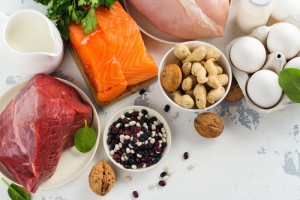
As a general rule of thumb, we need to consume around 0.6 – 0.8 grams of protein per kilogram of body weight each day to maintain lean mass – more exact protein requirements can be calculated based on age, sex, height and weight, and level of activity.
High quality proteins include fish, lean grass fed beef, skinless chicken breast & eggs.
Eat plenty of low carbohydrate non-starchy vegetables
Low carbohydrate non starchy vegetables are naturally high in dietary fibre and have a low glycaemic index which is a measure of how foods affect blood sugar levels and are a good source of vitamins and minerals.
Avoid energy dense, starchy carbohydrates such as bread, pasta, rice & starchy vegetables and limit fruit intake to just 1 piece a day.
Low carbohydrate vegetables include leafy greens such as lettuce, bok choy, asparagus, cucumber , zucchini, mushrooms and broccoli
Eat healthy fats
 Healthy fats such as olive oil, avocadoes, nuts and oily fish play an essential role in prevention of inflammation at a cellular level which is now known to lead to cardiovascular disease, obesity and other co related chronic diseases.
Healthy fats such as olive oil, avocadoes, nuts and oily fish play an essential role in prevention of inflammation at a cellular level which is now known to lead to cardiovascular disease, obesity and other co related chronic diseases.
In terms of fat loss, consumption of healthy fats slows down the rate at which digested food leaves our stomach thereby reducing blood sugar spikes and assists appetite control.
Rule #4: Don’t Overreact to Mild Hunger
Some people have what is known as hunger anxiety – the feeling that being hungry is bad & is to be avoided at all costs. Snacking is not the solution. A hunger pang, a craving or being 3pm in the afternoon shouldn’t send you off to the biscuit tin or reaching for an energy bar. If it’s boredom or anxiety driving your hunger between meals then distract yourself by having a glass of water or herbal tea, going for a walk, run some errands etc.- if all else fails a small piece of fruit or some vegetable sticks can get you by. Ideally you should put off eating until your stomach is growling and it’s difficult to concentrate.
Rule #5: Meal Skipping, Juice Fasts, and Crash Diets Will Backfire
When you lose weight on a fast or a crash diet, you don’t learn to eat healthier, adjust your portion sizes or deal with whatever is triggering your  overeating.These types of diets are not sustainable and any initial weight loss will be quickly regained. Remember the more restrictive the diet the more you will end up losing precious muscle instead of fat and slowing down your basal metabolic rate (the amount of calories you burn at rest).
overeating.These types of diets are not sustainable and any initial weight loss will be quickly regained. Remember the more restrictive the diet the more you will end up losing precious muscle instead of fat and slowing down your basal metabolic rate (the amount of calories you burn at rest).
Rule #6: The Right Way to Exercise
By now you know that diet reigns king in the world of fat loss but exercise does play an important role in your fat loss journey over time.
Running, biking, swimming and all the traditional cardiovascular exercises may not be a necessity to your battle with the scale but they can improve your overall quality of life and definitely help maintain fat loss over time.
Strength training is another valuable asset to your weight loss journey – when you lift weights you are assisting the simple equation for fat loss in 2 ways
You are burning calories – even though you’re not running or biking, you can still burn plenty of calories just by picking things up and putting them down.
You are building muscles. As muscles grow, they also promote fat loss because they keep your metabolism running well after your workout is done.
Rule #7: How You Eat Is As Important As What You Eat
Focus on what you are eating – physical satiety is closely related to psychological satisfaction.When people eat attentively they tend to eat fewer calories than those who are distracted by television, reading, driving or working.
Rule #8:
Rule #8: Sleep between 6 – 9 hours a night
 Put simply, insufficient sleep influences appetite in two ways. Firstly, it makes us more inclined to make bad food choices (lowers our resistance to temptation). Secondly, it increases our appetite – virtually everyone can identify with the feeling of jet lag and ravenous appetite.
Put simply, insufficient sleep influences appetite in two ways. Firstly, it makes us more inclined to make bad food choices (lowers our resistance to temptation). Secondly, it increases our appetite – virtually everyone can identify with the feeling of jet lag and ravenous appetite.
How much sleep is enough? There is no fixed rule – for most adults anywhere between six and nine hours of quality sleep is sufficient
Disclaimer
This blog is general in nature only and should not be relied upon as medical advice. For further information please contact our clinic or your own medical practitioner before commencing any diet or exercise regimen.


